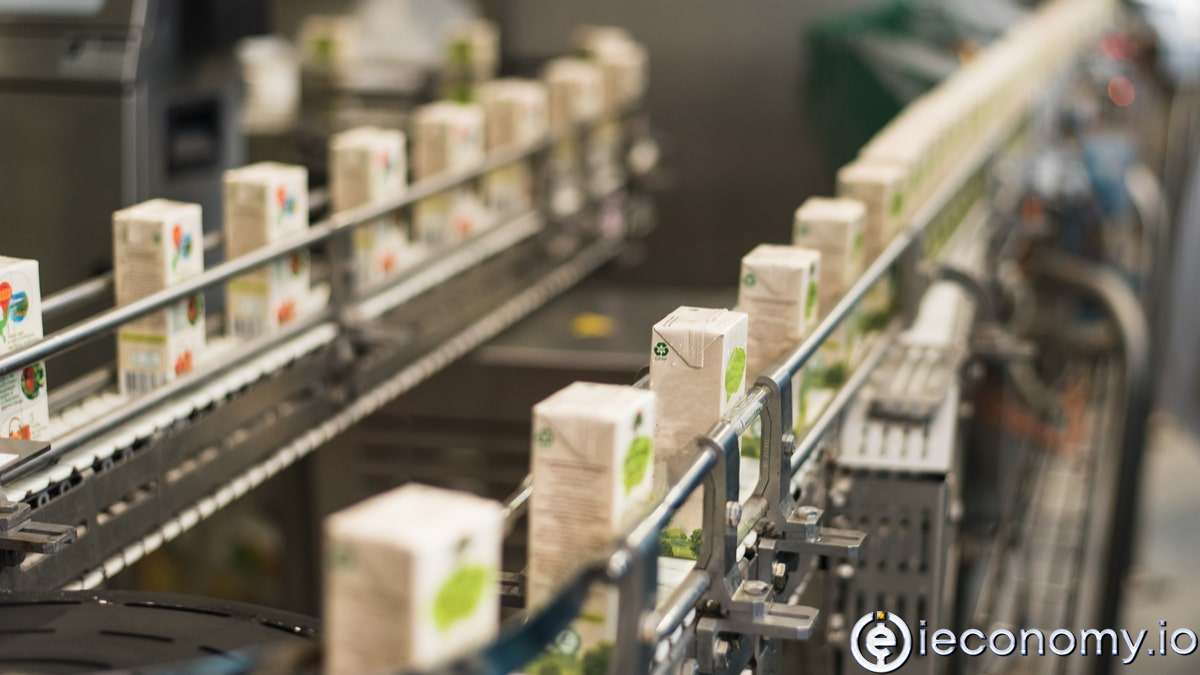2167
0
Austria criticizes harmful substances in alternative packaging
Austria criticizes harmful substances in alternative packaging. There are currently no specific rules for alternative food packaging.

Yazar: Tom Roberts
Yayınlanma: 22 Temmuz 2021 15:49
Güncellenme: 3 Mart 2026 05:02
Austria criticizes harmful substances in alternative packaging
From July 3, new plastic disposables are no longer placed on the market in the European Union. But, Austria criticizes harmful substances in alternative packaging. Consumer advocates criticize the fact that there are too many harmful substances in alternative beverage packaging and in dishes made from cardboard, palm leaves, wheat fiber or sugar cane. In 31 of the 57 products tested, European consumer organizations identified problematic substances, such as pesticide residues, fluorinated substances and potentially carcinogenic chloropropanes, which partly exceeded national limits. "Of the 26 products available in Austria, up to 21 contained harmful substances," the APA quoted the Austrian Consumer Information Association (VKI) in the August issue of the test magazine Konsument. The basic problem according to VKI lies in the absence of regulations for the content of chemicals in alternative packaging materials. Consumer organizations from Denmark, France, Italy and Spain took part in the tests. The products are available from manufacturers and wholesalers, from whom gastronomic companies buy. The content of chloropropanes (3-MCPD and DCP), pesticides, industrial chemicals PFAS, bisphenols, heavy metals (lead, cadmium, chromium) and aluminum was checked. The results are not very positive: in 54% of the samples, the harmful substances exceeded the recommended limits. "For example, more than a quarter of the tested products tested for carcinogenic chloropropane exceeded the level of 3-monochloropropanediol (3-MCPD) recommended by the German Federal Institute for Risk Assessment (BfR)," writes the VKI. About two thirds of the products exceeded the proven PFAS concentration in force in Denmark. PFAS are industrial chemicals that accumulate in the environment and are absorbed by humans in the food chain. Of the 57 products tested, 26 are available in Austria. "Only five products did not show problematic chemicals. Four were made from palm leaves and one from paper," writes VKI. Unlike plastics in the EU, there are currently no specific rules for alternative food packaging. According to the VKI, there must be clear rules for all materials that come into contact with food, otherwise a new problem will arise. According to VKI, the ban on disposable plastic packaging was only the first step in the right direction, others must follow.İLGİLİ HABERLER





European stocks soared and focus shifted to German retail sales after Powell's speech!

Forex Signal For TRY/USD: Inflation Slowdown in November.

Forex Signal For GBP/USD: Bullish Trend Still Not Breaking While Recovery Continues.

Forex Signal For EUR/USD: Starry US Data Points to Higher Fed Increases.

Forex Signal For BTC/USD: Downside Continues as Bitcoin Recovery Moves Less.
En Popüler Haberler
Yorum Yap
Yorumlar
Henüz yorum yapan yok! İlk yorumu siz yapın...